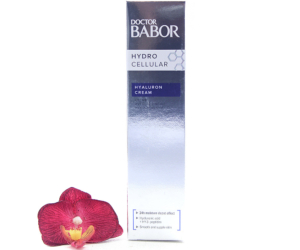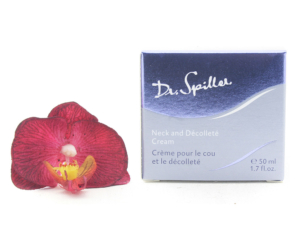Body Care
Can taking calcium supplements improve your complexion?
The skin is the biggest organ in the body, but did you know that most calcium is found in the skin?
Where most people would associate calcium most with bones, the biggest presence of this nutrient is actually in the outer layer of skin, the epidermis.
If someone is suffering from a calcium deficiency, the immediate signs are in the skin. According to the Cleveland Clinic, Dry coarse skin, dermatitis, hyperpigmentation and eczema are all signs of hypocalcaemia, a deficiency of calcium.
Therefore, along with the other parts of the body that it helps, it is important to keep up the recommended daily levels of calcium for your body.
Calcium can help the skin in a number of ways. Here are just a few:
Skin moisture
Aside from many other tasks, calcium also helps the skin to sebum. Sebum is the oily substance that is emitted by the pores and helps the skin, particularly the epidermis to hold in much-needed moisture.
Research shows that patients with low levels of calcium, do not produce as much sebum which leaves skin dry.
If the winter leaves your skin feeling dried out and irritated, try taking extra calcium and see if this makes a difference to your complexion. Doctors recommend ingesting up to 1,000 mg of calcium per day for adults under 50 years of age and 1,200 mg for adults age 50 and older.
Skin growth and cell regeneration
The presence of calcium in the epidermis is because it is this nutrient that helps the skin generate new cells – as it sheds old cells quickly. Skin that appears fragile and dry will more than likely be suffering from a shortage of calcium. This deficiency is not shedding old skin cells and not creating new cells either – leaving the outer skin flaky and thin.
Cancer Prevention
Several studies have found that calcium plays a large part in the prevention of skin cancer. The National Cancer Research Institute showed that patients with low levels of calcium showed a greater risk of developing skin cancer.
This is thought to be down to the fact that, as discussed above, calcium helps to regenerate skin cells, particularly the pigment cells. These pigment cells tan, releasing melanin which protects the body from harmful UV rays.

 Français
Français Русский
Русский
























